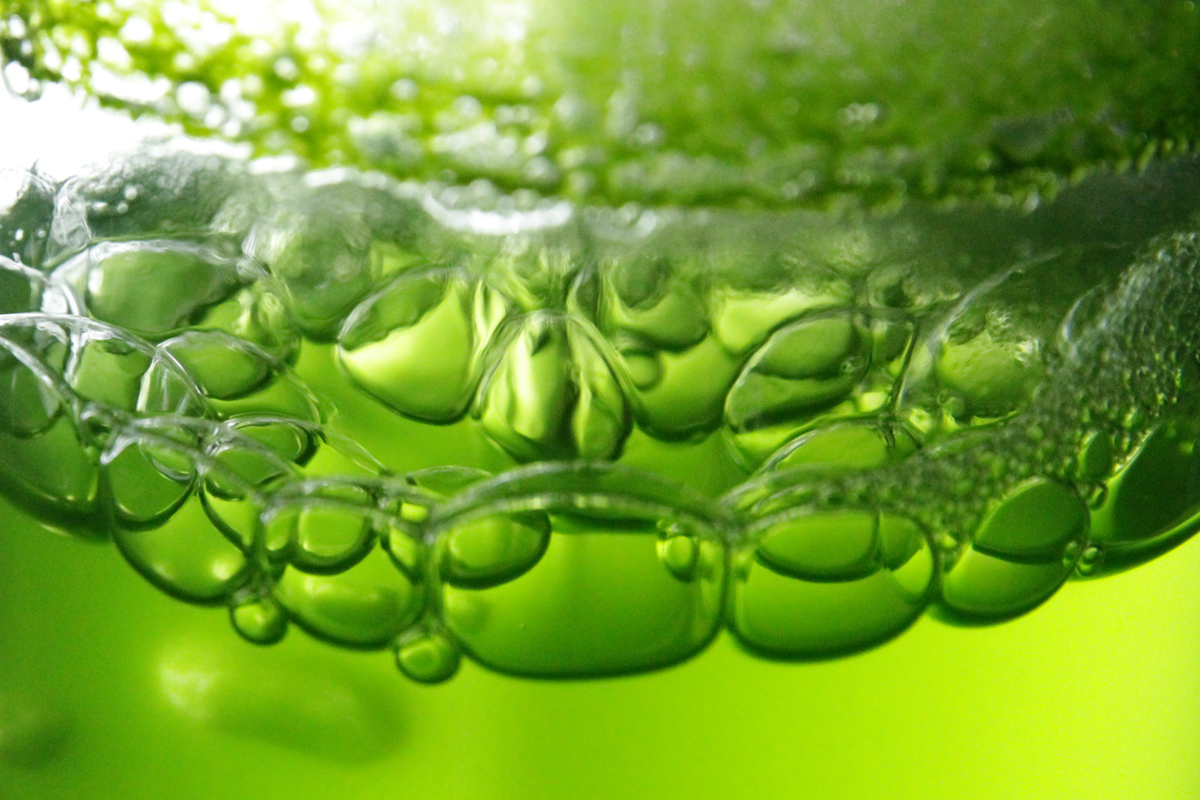Learning From Microalgae as ‘Biofactories’
 isbscience.org/news/2015/12/07/learning-from-microalgae-as-biofactories/
isbscience.org/news/2015/12/07/learning-from-microalgae-as-biofactories/
In a newly published research, members of the Baliga and Price labs share discoveries from their studies of Chlamydomonas reinhardtii – Chlamy for short. Excerpt:
To the casual observer, algae may appear to be a nuisance. But for researchers, photosynthetic microalgae and other microbes have the potential to become sustainable biofactories that can economically produce renewable biofuels and a wide variety of other valuable commodities. One such group of microalgae is Chlamydomonas reinhardtii – Chlamy for short. In an effort to better understand the gene regulatory and metabolic networks of this single-celled alga, researchers at Institute for Systems Biology studied the changes in Chlamy’s genetics and metabolism that cause them to capture and store carbon dioxide.






